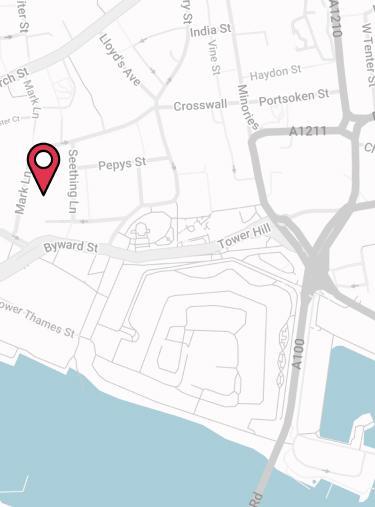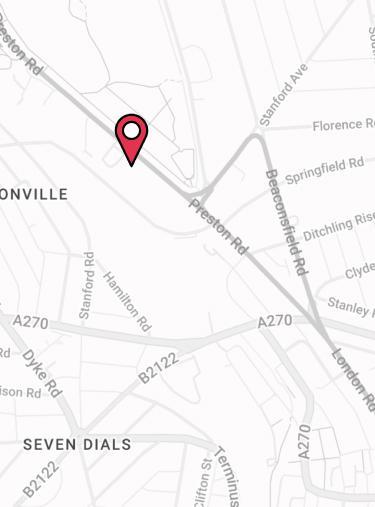How Long Should I Set My Income Insurance Deferred Period?
What is a typical deferred period for Income Protection Insurance? Is there anything I should consider when setting the length of time?
Income Protection Deferred Period Explained
Firstly, the deferred period (sometimes known as an excess period, waiting period or deferment period) is the period of time for which you need to be off work for the policy to start ‘accumulating benefit’.
For example, with a 4 week deferred period the plan would start accumulating benefit after 4 weeks.
It is very important to set an appropriate excess period as the monthly premiums can come down significantly as this period is extended. Furthermore, if you are still receiving an income from your employer most plans will not pay out during this period, even if you have surpassed the deferment period.
Deferment Period for Accident and Sickness Cover
The typical deferred period for Accident and Sickness Cover (whether for Income Protection or Payment Protection) will depend on whether you receive any period of full sick pay from your employer and your current level of savings.
If your employer were to pay, say, 2 months of full sick pay it usually makes sense to set the waiting period equal to this length of time as the insurer won’t pay out until all continuing income (such as from sick pay) stops.
Additionally, if you have a level of savings that could be used to support yourself for a period of time should you have to cease working due to illness or injury then it may make sense to extend the deferred period in order to bring the monthly premiums down.
With Income Protection it is typical for the premiums to come down by more than 30% if the excess period is extended from 4 to 13 weeks.
Deferment Period for Unemployment Cover
When it comes to setting the waiting period for Unemployment Protection it is important to consider how much redundancy pay you would receive and the level of savings you have.
If you would have enough capital to survive for a period of time due to redundancy pay (usually paid as a lump-sum upon being made redundant) or savings then it may make sense to extend the deferred period in order to bring the monthly premiums down.
For more information please see the guide: Setting your deferred period.
- Topics
- Income Protection
Frequently Asked Questions
Do Income Protection Premiums Rise With Age?
Can I Get Income Protection if I Go Gliding as a Hobby?
Does Income Protection Cover Diving?
Can I Get Short-Term Disability Insurance?
Can I Get Income Protection Insurance With Diabetes?
Contact Us
125-135 Preston Road
Brighton
BN1 6AF
Cookies
Drewberry™ uses cookies to offer you the best experience online. By continuing to use our website you agree to the use of cookies including for ad personalization.
If you would like to know more about cookies and how to manage them please view our privacy & cookie policy.



